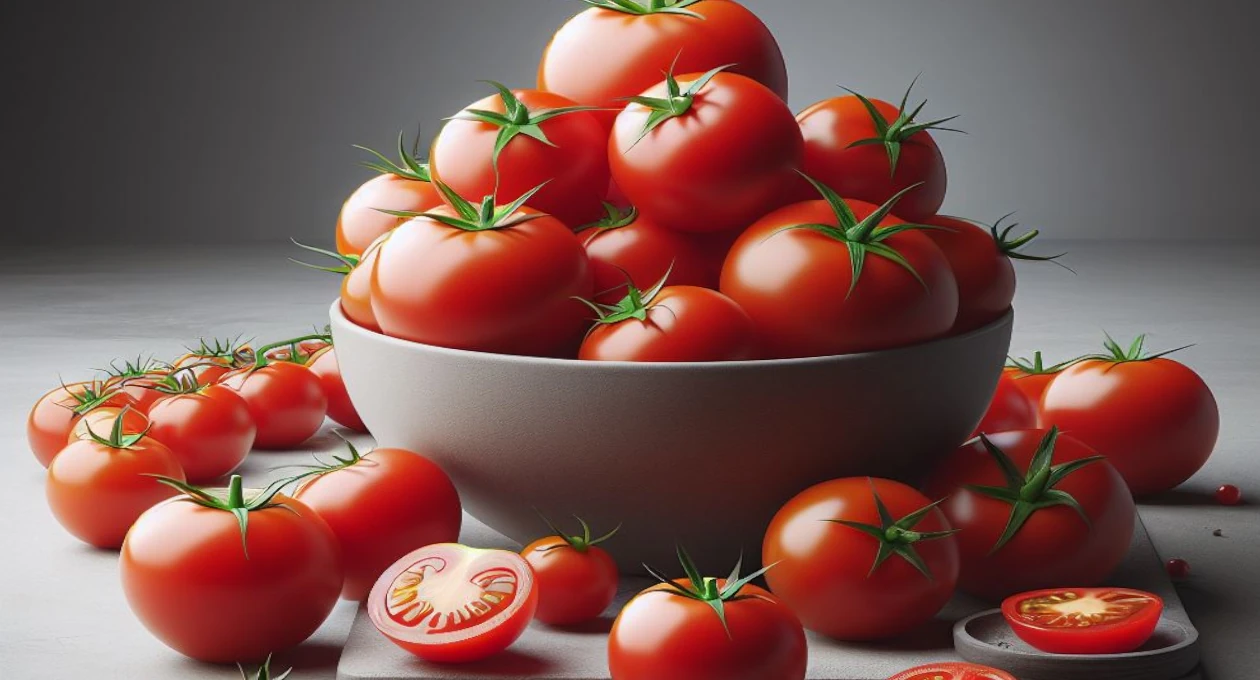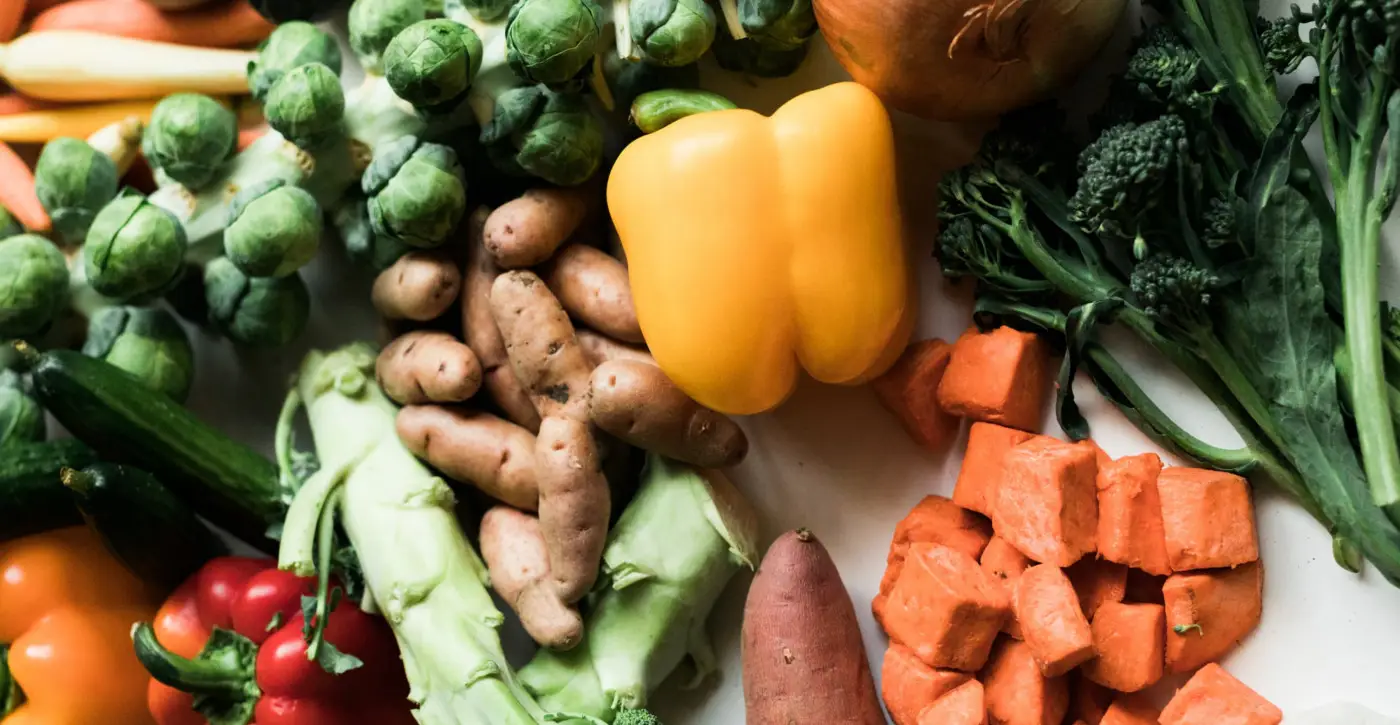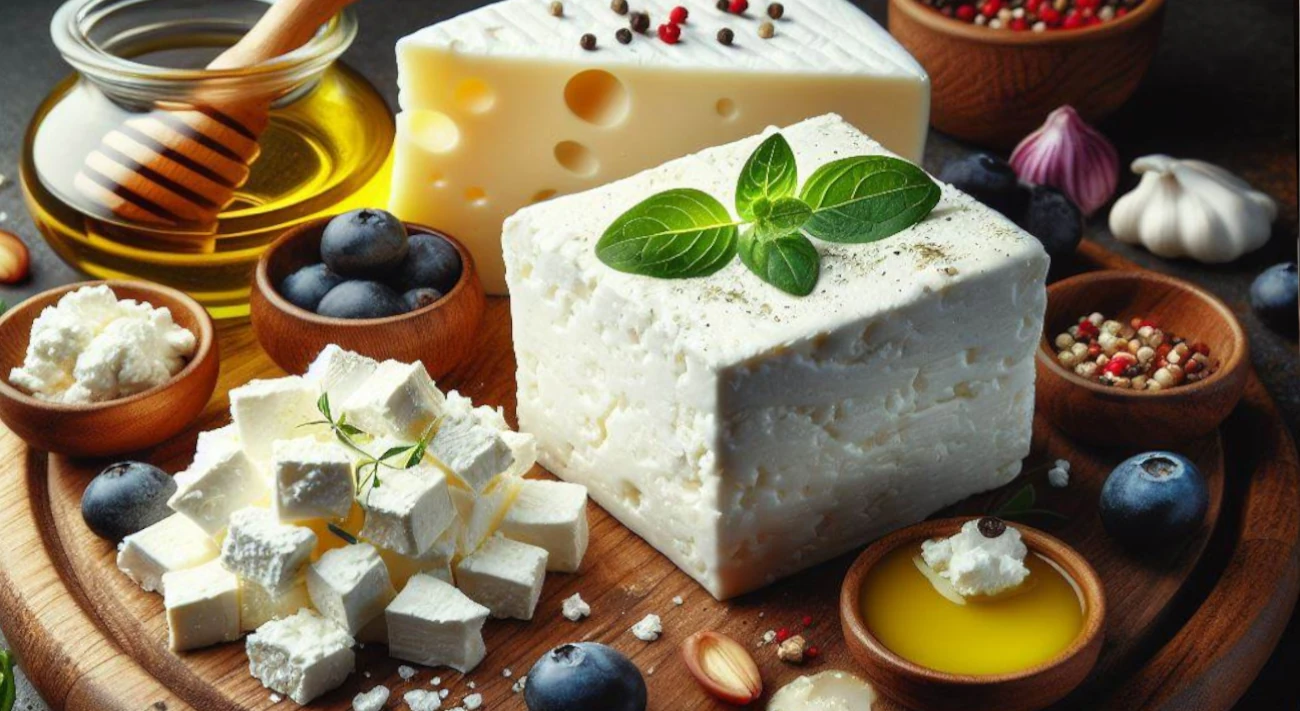Tomato Soup Lysine and Arginine Info Sheet
Overview
Tomato soup is a warm and comforting soup that is made from tomatoes, broth, cream, and seasonings.It is one of the most popular soups in the world, and has many variations and flavors.
It is rich in vitamin A, vitamin C, lycopene, and potassium.
Tomato soup can be eaten as a starter, a main course, or a snack. It is often paired with bread, cheese, or crackers. It can also be used as a base for other soups, such as minestrone, gazpacho, or tomato bisque.
| Name | Lysine (mg/100g) | Arginine (mg/100g) | Ratio |
|---|---|---|---|
| Tomato Soup | 51mg | 61mg | 0.836 |
Tomato Soup contains 51mg of Lysine and 61mg of Arginine per 100g of product.
This means Tomato Soup has a neutral Lysine-Arginine ratio of 0.836.
Because Tomato Soup has a neutral ratio of lysine and arginine, it does not have a significant impact on people who suffer from herpes, as it does not affect the viral activity.
Lysine Considerations
Tomato soup is not a good source of lysine, as it contains only 51 mg of lysine per 100 grams of food.
Lysine is an essential amino acid that is important for protein synthesis, collagen formation, and immune function.
Lysine can help prevent or treat cold sores, which are blisters caused by the virus HSV-1, also known as herpes.
Lysine works by blocking the growth of HSV-1, which needs another amino acid called arginine to multiply and infect cells.
Lysine can only be obtained through diet, and can be found in many high-protein foods like milk and cheese, fish, eggs, meat and poultry.
Arginine Considerations
Tomato soup is also not a good source of arginine, as it contains only 61 mg of arginine per 100 grams of food.
Arginine is a semi-essential amino acid that is involved in nitric oxide production, wound healing, and blood pressure regulation.
Arginine has a variety of benefits for our overall health and performance, such as lowering blood pressure, enhancing wound healing, and increasing exercise endurance.
Arginine can also affect the herpes virus, which causes cold sores and genital herpes.
Studies suggest that arginine may help the virus grow and cause outbreaks, so people with herpes may want to avoid foods that are high in arginine or take lysine supplements to block its effects.
Lysine-Arginine Ratio
Tomato soup has a low lysine-arginine ratio of 0.836, which means it has more arginine than lysine.
This ratio may affect the balance of these amino acids in the body, and may have implications for viral infections, such as herpes simplex virus (HSV), which requires arginine for replication.
Both lysine and arginine are essential for protein synthesis and various other bodily functions.
They, however, have opposing effects on the herpes simplex virus, which causes cold sores and genital herpes.
Lysine can prevent the replication of the virus, whereas arginine can stimulate it.
Thus, a diet rich in foods with a high lysine to arginine ratio may help reduce the occurrence and severity of herpes flare-ups.
Foods that have a high lysine-arginine ratio include milk and cheese products, fish, poultry, fruits, and vegetables.
These foods can provide the body with enough lysine to compete with arginine and inhibit the virus from replicating and causing symptoms.
Dietary Considerations
Soups and broths can be made from different types of proteins and vegetables, such as chicken soup, vegetable soup, or tomato soup.
Soup is generally healthy and a good source of lysine, especially if it contains poultry or seafood, which are high in lysine and scarce in arginine.
That said, some soups may have a higher arginine content if they are made with mainly grains and cereals, such as corn, barley, or rice.
These ingredients can increase the arginine-lysine ratio in the soup and make it less beneficial for people with herpes.
Because of this, soups should be chosen carefully and preferably contain more lysine-rich foods than arginine-rich foods.
Tomatoes are a good source of lycopene, a powerful antioxidant.
Unfortunately, they are also very acidic which may trigger a cold sore.
Cooking tomatoes can reduce their acidity while increasing the availability of lycopene, which can help fight viruses.

For example:
Eating a balanced and nutritious diet that supports your immune system and reduces inflammation.
This means consuming plenty of fruits, vegetables, whole grains, lean protein, and healthy fats, and avoiding processed foods, added sugars, alcohol, and caffeine.
Avoid alcoholic beverages and caffeine which can overstimulate your body, leave you dehydrated, and compromise your immune system.Consider taking l-lysine supplements, which can help prevent herpes outbreaks and stop a cold sore before it emerges by limiting the availability of arginine for the virus, which it requires to produce a cold sore.
Foods that can boost your immunity and fight inflammation are essential to prevent outbreaks.
Honey, yogurt, aloe vera, and chamomile are some examples of these foods.
They can also soothe your symptoms and help you recover quicker by reducing pain, swelling, and itching.
Check more food information






